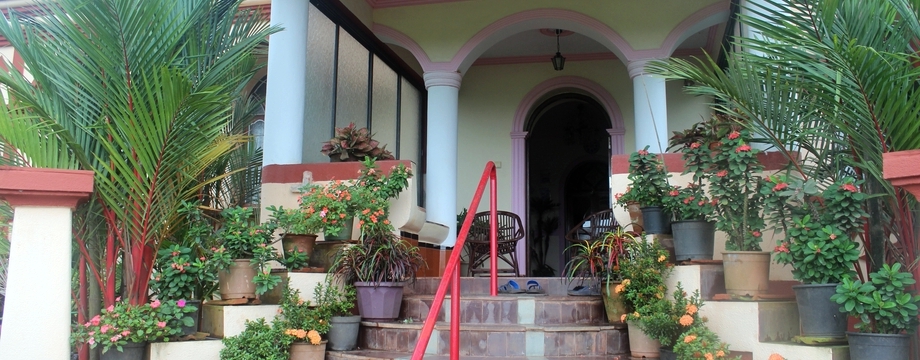Just as the first and second declensions follow a similar pattern, the third and the fourth too resemble each other in a parallel manner. And while the first and third declensions comprise only masculine and neuter nouns, the second and fourth declensions cover only feminine nouns.
The fourth declension comprises only feminine nouns ending in i which are- either monosyllabic (single syllable) or
- disyllabic (having two syllables) with a single consonant sound (but not j or x) between the two syllables
The monosyllabic nouns form their plurals and flex stems by adding another syllable, with the result that the plurals and flex stems of both the monosyllabic and disyllabic nouns consist of two syllables.
| Nominative Sing. | Sing. Flex stem | Nominative Plur. | Plur. Flex Stem | Meaning |
| bi | biyê | biyô | biyam | seed |
| gi | giyê | giyô | giyam | ghee (or gear) |
| boddi | boddyê | boddyô | bôddyam | stick |
| koddi | koddyê | koddyô | kôddyam | curry |
| dori | doryê | doryô | dôryam | rope |
| khandi | khandyê | khandyô | khandyam | small branch |
Usage
Koddyênt az koslem nistem ghalam?
(What fish has been put in the curry today?)
Mhaka Mhapxea kazucheô biyô gheunk zai
(I want to purchase chashew nuts at Mapusa)
Mhôsgachê khandiêr kednanch choddchem nhoi
(One must never climb on a moringa (drumstick) tree branch.
Amcho cheddo mhaka bhiyena punn boddyêk bhiyeta
(Our boy does not fear me but fears the cane)


